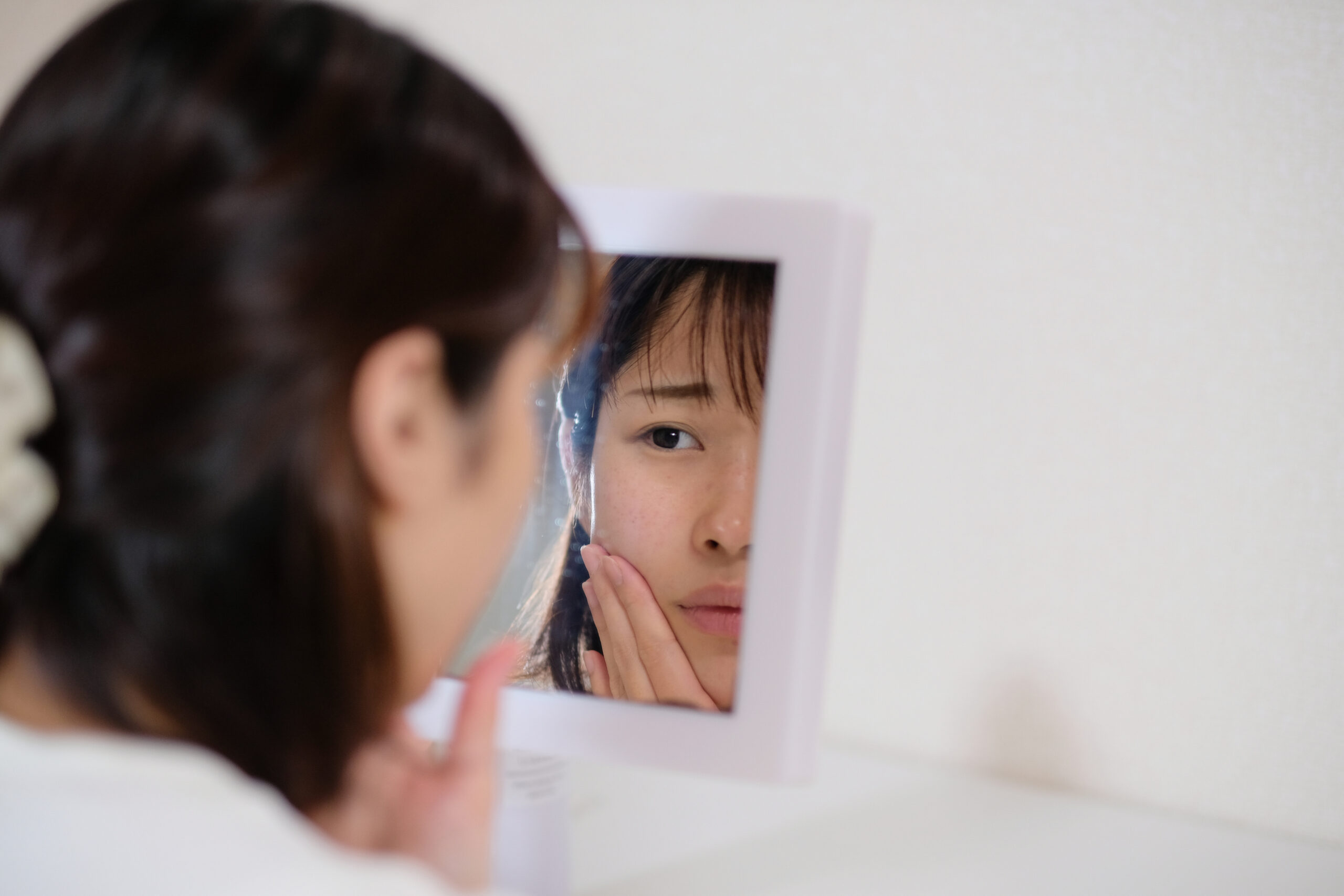
Genetically speaking, Asians tend to be slimmer than people with other ethnicities. According to the National Health and Nutrition Examination Survey, approximately 11% of Asian Americans are considered obese compared to the nation’s average obesity rate of 35%.
Because Asian women are naturally smaller, there’s an additional expectation to be skinny. It’s not just the media and what they print in magazines. If you look at an average Asian woman, she typically doesn’t have a belly, ample hips, or thick arms or legs.
Hollywood’s portrayal of women still has a long way to go, but I believe it is heading in the right direction. When I look at non-Asian female celebrities, there is a range of body shapes celebrated such as Amy Schumer, Kelly Clarkson, Rihanna, Demi Lovato, Lizzo, Serena Williams and many more.
However, among the Asian female celebrities in North America and countries such as China, Singapore, Japan, and Korea, only one type of body shape is celebrated. For instance, pick any Korean drama, and the female lead will always be slim, pale, and petite with narrow hips.
It's not who all of us are.
In Canada, where my family and I live, I’m considered smaller than average.
My pants range between a size 6 or 8, and I typically buy small and medium tops. But if you were to ask my family members from Asia, they would consider me overweight and "fat."
I remember going to a department store in Hong Kong and trying on clothes. The sales associate looked at me up and down and bluntly said, “You need an extra large. We don’t have your size.”
I wish I could say it is only strangers who are so bold.
Growing up, all the Asian women around me (my mom, aunties, family friends) constantly talked about each other’s weight, how much they gained or lost, the new diet they were on, and the types of slimming exercises they were doing.
In East Asian culture, it is socially acceptable to comment about someone’s physical appearance. One is expected to respectfully accept body-shaming comments (i.e., “Your belly is too big.”) as it is believed to be in good faith with the intention of helping and offering advice.
As for positive comments (i.e., “Your skin is glowing.”), it’s not socially acceptable to accept compliments freely. Instead, one is supposed to deny and reject them.
But where does that really leave Asian women's self-worth and self-love?
The problem with constantly accepting body-shaming conversations and denying compliments is that I began actually believing I wasn't good enough.
Unfortunately, these toxic beliefs conditioned me to hate what I looked like. I went on my first diet when I was barely 8 years old. I skipped snacks, threw half my lunch away, and only picked at the vegetables during dinner.
As a teenager, I developed disordered eating that led me down a path of purging, caffeine pills, and dangerously restrictive diets. During adulthood, I chased every fad diet and latest workout trend.
The relationship I had with my body was completely broken because I didn’t know how to love myself. I thought bodies were meant to be fixed, not cared for.
Recovery started when I entered my late 20s, and it’s been an ongoing journey.
I did a lot of inner work to accept my body as it is and be OK that I will have days where I love it and days I don’t.
I had to decondition myself of past influences. I learned to curb my emotional eating and appreciate my body for what it can do. My yo-yo dieting slowly diminished and I no longer use exercise as punishment whenever I overeat.
Looking back, one of the contributors to my body image struggles was a lack of understanding and awareness about body neutrality or body acceptance.
These terms didn’t exist, and specifically, none of the women who looked like me in the media and in my social circles shared these types of messages.
By sharing my story, I hope to inspire more Asian women to raise awareness and share their body acceptance stories so my daughter’s generation has role models whom they can relate and resonate with.




